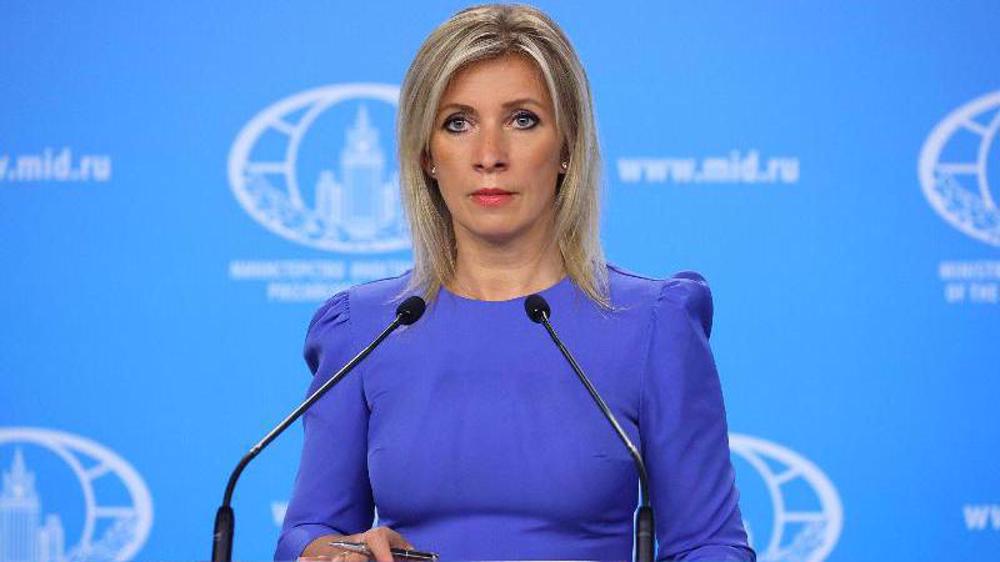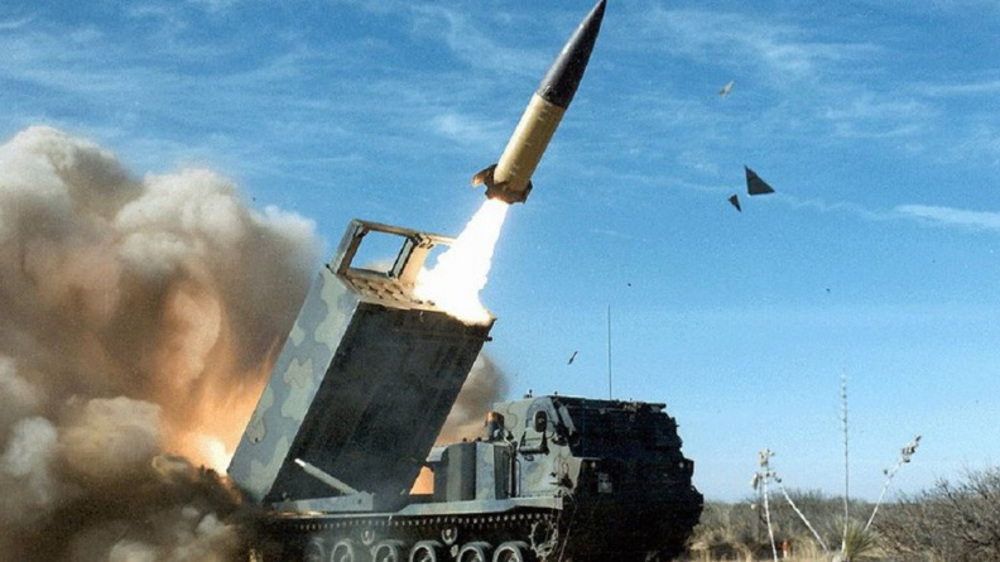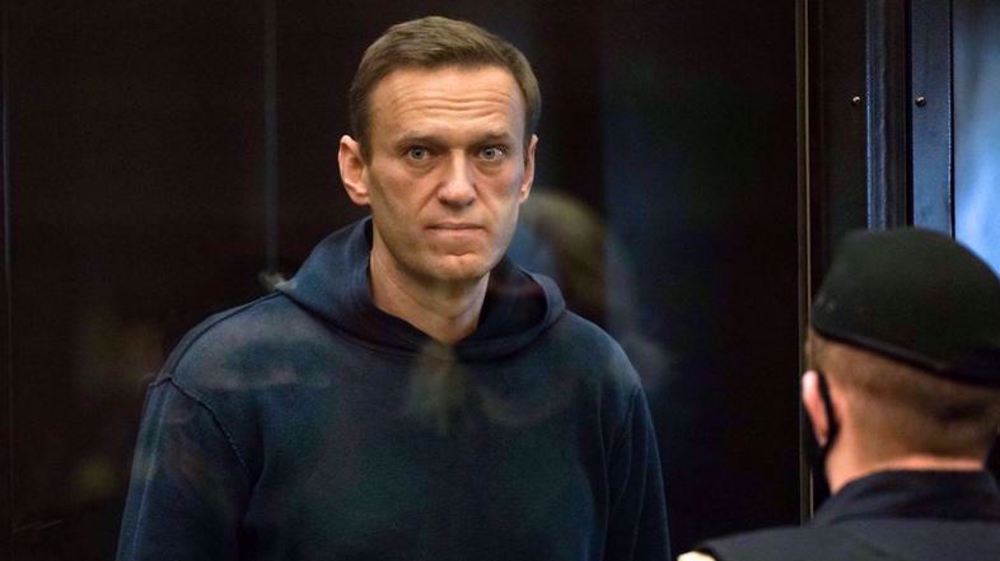Putin says sees no problem in granting passport to east Ukraine citizens
Russian President Vladimir Putin says he sees no problem in easing rules to grant citizenship to residents of Ukraine's volatile eastern region, amid criticism from the West.
Speaking to reporters on Thursday, Putin said citizens of Donetsk and Lugansk regions of Ukraine were free to apply for Russian passport.
A deadly war has battered Ukraine’s industrial east over the past four years, although there has been a relative calm in the area in the recent months.
The war broke out in Ukraine in early 2014 after pro-Russian protests erupted in eastern cities and the Black Sea peninsula of Crimea re-joined Russia following a referendum. The West brands the unification as an act of annexation by Russia.
Kiev and its Western allies also accuse Moscow of supporting pro-Russian militia in eastern Ukraine, an allegation the Kremlin vehemently denies.
Putin said Poland, Romania and Hungary grant citizenship to their ethnic kin outside their borders, asking, "How are Russians in Ukraine worse than Romanians, Poles or Hungarians? I don't see anything unusual here."
"It caused a negative reaction. That's strange," said Putin. "How are Russians in Ukraine worse than Romanians, Poles or Hungarians? I don't see anything unusual here."https://t.co/AUGGAZA2lR
— euronews (@euronews) April 26, 2019
The president signed an order earlier on Wednesday allowing the residents of the restive regions to receive a Russian passport within three months of applying.
Ukraine irked, West rallies behind Kiev
In an immediate reaction to the remarks, Ukraine appealed to the UN Security Council to take action against the decision, accusing Russia of trying to annex the Donbass region.
“I urge international partners to prevent the worst scenario, to harshly condemn destructive and criminal actions of the Russian authorities and also to strengthen international sanctions,” said outgoing President Petro Poroshenko.
The 15-member body met to discuss the issue on Thursday, though it is unable to take any action as Russia is one of five permanent veto powers.
Several Western governments rallied behind Ukraine on Thursday, calling for more sanctions against Russia.
The United States reacted to the move saying it was "unacceptable" for Moscow to extend citizenship rights to Ukrainians.
"Russia, through this highly provocative action, is intensifying its assault on Ukraine’s sovereignty and territorial integrity," said the US State Department.
The EU also accused Moscow of trying to destabilize Ukraine and “to refrain from actions that are against the Minsk agreements and impede the full reintegration of the non-government controlled areas into Ukraine.”
The decree signed by Putin "is another attack on Ukraine's sovereignty by Russia," said a spokeswoman for EU foreign affairs chief Federica Mogherini.
"The timing of such a decision immediately after Ukraine's presidential election... shows Russia's intention to further destabilize Ukraine and to exacerbate the conflict," he added.
Kiev denounces Russia’s ‘brazen’ passport offer to people in eastern Ukraine https://t.co/eWDVK2nS4z
— Yakov Koltovskoy (@KoltovskoyYakov) April 26, 2019
Ukraine elected a comedian as a new president on Sunday. President-elect Volodymyr Zelensky has called for more international sanctions against Russia in response to the move.
Lithuanian Foreign Minister Linas Linkevičius said his government "strongly condemns the decree". The Baltic country also called on the West to impose more sanctions on Moscow.
In September 2014, Kiev and the pro-Russia forces signed an EU-brokered ceasefire agreement in the Belarusian capital city of Minsk in a bid to halt the fighting in Ukraine’s eastern regions.
The warring sides also inked another truce agreement, dubbed Minsk II, in February 2015, under the supervision of Russia, Germany, and France. The fragile ceasefire has frequently been violated, with Kiev and the militants blaming each other.
VIDEO | Press TV's news headlines
UN chief calls for independent probe into Gaza mass graves
Russia slams US hypocrisy in ICC probe of Israel, arrest warrant for Putin
VIDEO | Police dismantle migrant camp near Paris city hall
ICJ rejects emergency measures over German arms exports to Israel
VIDEO | Inspired by demos in US, students in Lebanon protest for Gaza
‘Irrational violence’ against pro-Palestine demos will be of no avail: Iran’s Parliament
US, foreign attorneys call on Biden to halt arms sales to Israel: Report










 This makes it easy to access the Press TV website
This makes it easy to access the Press TV website